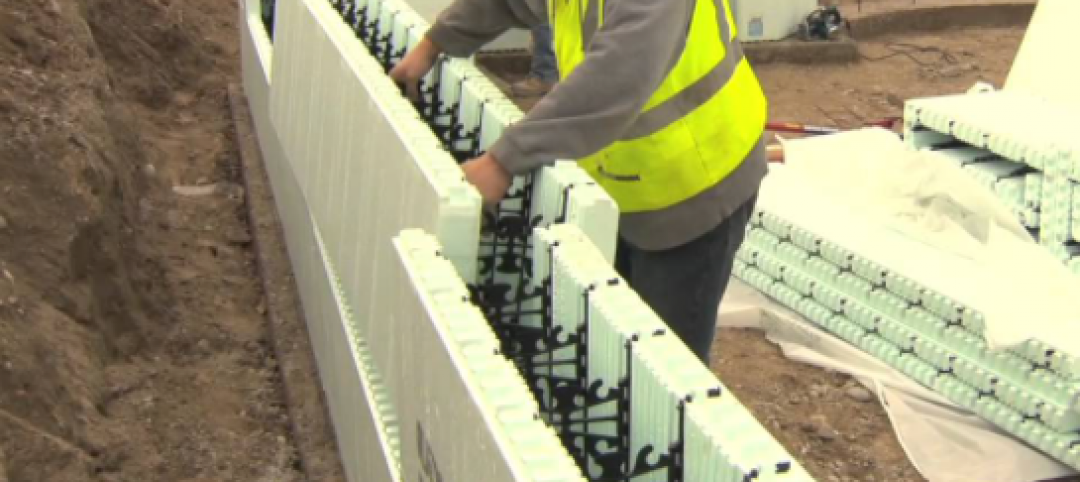DALLAS – Schneider Electric, a global specialist in energy management, announced a project with North Carolina State University to improve energy efficiency and drive sustainable, clean energy projects in 1.6 million square feet of building space across 13 campus facilities. As part of a $20 million performance contracting project, the university will implement 89 separate energy conservation measures (ECMs). Upon completion of the installation, NC State University will save approximately 10,137,668 kilowatt hours of electricity and 68,785 decatherms of natural gas annually, which is equivalent to planting 80,376 acres of trees or removing 43,158 cars from the roads over the next 15 years.
The performance contract with Schneider Electric is helping the university fast-track backlogged building upgrades, and also to meet the requirements of Senate Bill 668 and the President’s Advisory Committee on Efficiency and Effectiveness (PACE) set forth by former University of North Carolina President Erskine Bowles to drive energy efficiency improvements on campuses across the state. The project is leveraging NC State University’s expertise in engineering and energy efficiency by tapping more than 10 alumni personnel and one senior engineering student at NC State University in development and construction of the project.
“At NC State University, we’re committed to building a sustainable campus, an effort that drives energy efficiency while offering a state-of-the-art learning environment for students,” said Kevin McNaughton, associate vice chancellor for facilities. “Through performance contracting, we’re able to take on these projects immediately without incurring cost to the taxpayer or the students. We are confident this strategy will reduce continuing costs, provide for better facilities to support education and research, and substantially reduce our carbon footprint."
As part of phase one, a Schneider Electric partner has completed installation of a solar-thermal system on the roof of the NC State University campus gym, Carmichael Complex. Once in operation, the system will help heat nearly one million gallons of water in two swimming pools. The clean energy project features 112 solar panels, each measuring 10 feet by 4 feet, and can heat water to approximately 100 degrees as it is circulated onto the roof and piped through the solar facility.
“Through this performance contract, we are helping the university gain critical insight into energy use and manage energy resources more effectively,” said James Potach, Energy Solutions senior vice president, Schneider Electric. “We’re helping the university achieve its ACUPCC objectives by implementing an energy efficiency project that will make a significant contribution toward reducing the carbon footprint on campus." The American College & University Presidents’ Climate Commitment is a high-visibility effort to address global climate disruption undertaken by a network of colleges and universities that have made institutional commitments to eliminate net greenhouse gas emissions from specified campus operations, and to promote the research and educational efforts of higher education to equip society to re-stabilize the earth’s climate.
About Schneider Electric
As a global specialist in energy management with operations in more than 100 countries, Schneider Electric offers integrated solutions across multiple market segments, including leadership positions in energy and infrastructure, industrial processes, building automation, and data centers/networks, as well as a broad presence in residential applications. Focused on making energy safe, reliable, and efficient, the company's 110,000 plus employees achieved sales of more than $26 billion in 2010, through an active commitment to help individuals and organizations “Make the most of their energy.”
Related Stories
| Aug 11, 2010
Tall ICF Walls: 9 Building Tips from the Experts
Insulating concrete forms have a long history of success in low-rise buildings, but now Building Teams are specifying ICFs for mid- and high-rise structures—more than 100 feet. ICF walls can be used for tall unsupported walls (for, say, movie theaters and big-box stores) and for multistory, load-bearing walls (for hotels, multifamily residential buildings, and student residence halls).
| Aug 11, 2010
Integrated Project Delivery builds a brave, new BIM world
Three-dimensional information, such as that provided by building information modeling, allows all members of the Building Team to visualize the many components of a project and how they work together. BIM and other 3D tools convey the idea and intent of the designer to the entire Building Team and lay the groundwork for integrated project delivery.
| Aug 11, 2010
Great Solutions: BIM/Information Technology
4. Architectural Visualization through Gaming Technology Before 3D walkthroughs for client presentations were popular, HKS manager of Advanced Technologies Pat Carmichael and his team were working to marry gaming engines with 3D building models. "What's being tasked to us more and more is not just to show design, but to show function," Carmichael said.
| Aug 11, 2010
BIM school, green school: California's newest high-performance school
Nestled deep in the Napa Valley, the city of American Canyon is one of a number of new communities in Northern California that have experienced tremendous growth in the last five years. Located 42 miles northeast of San Francisco, American Canyon had a population of just over 9,000 in 2000; by 2008, that figure stood at 15,276, with 28% of the population under age 18.
| Aug 11, 2010
Great Solutions: Products
14. Mod Pod A Nod to Flex Biz Designed by the British firm Tate + Hindle, the OfficePOD is a flexible office space that can be installed, well, just about anywhere, indoors or out. The self-contained modular units measure about seven feet square and are designed to serve as dedicated space for employees who work from home or other remote locations.
| Aug 11, 2010
Special Recognition: Kingswood School Bloomfield Hills, Mich.
Kingswood School is perhaps the best example of Eliel Saarinen's work in North America. Designed in 1930 by the Finnish-born architect, the building was inspired by Frank Lloyd Wright's Prairie Style, with wide overhanging hipped roofs, long horizontal bands of windows, decorative leaded glass doors, and asymmetrical massing of elements.







